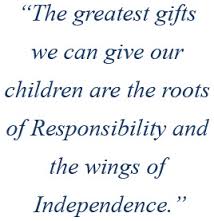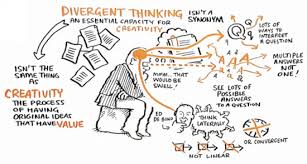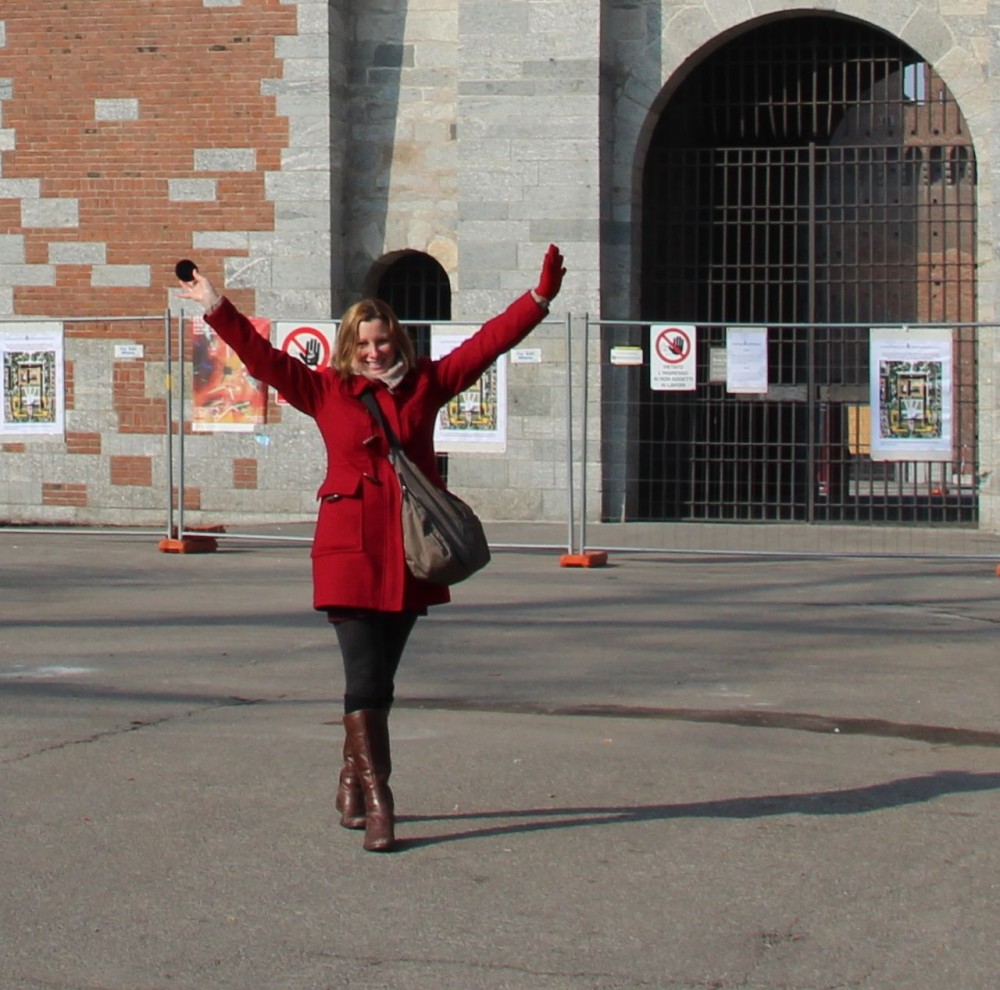We need to give our children roots and wings..
“As a Canadian expat the biggest adjustment as a parent was placing my Montessori reared children into French public school.”
Complete polar opposites when it comes to education, the differences are not just in methods of execution but also the core principles.
Canadian schools have been on the top ten list of schools in the world for decades; being a leader with divergent thinking, project based learning that run the gamut of curriculum, music and theatre extracurriculars, competitive sports leagues and also building community spirit among the families whose children attend the schools. Canadian schools build well-rounded people, open thinkers and generally nice people. Most people look back at their school years with fondness, so in my opinion, job done.
Education in general was based on the industrial revolution; grouping by age, processing them by grade. We are slowly changing education paradigms.
French schools are academic based, the shut-up and sit down method. Here they learn by rote, a system that hasn’t changed much in decades. Part of the problem is the centralized system throughout France that leaves little wiggle room for teachers to make changes towards progress. Also the head of the education in France changes too often for change to occur and actually stick. Testing is still the main focus of the French curriculum, learning lessons from pages given- not necessarily taught, for the sole purpose of memorizing and regurgitating it back from memory at a later date.
During our four years, I watched my children go from eagerly learning and devouring new information, to hating school. Put aside the tummy aches, and lack of sleep before tests; their natural inquisitiveness to ask questions about their curriculum has somehow been squashed since arriving to France. It doesn’t help that back in South Surrey, British Columbia in Canada we were a part of Sunnyside Elementary School Montessori Program. The children were encouraged to ask many questions and no answer was ever wrong. Montessori offered our children an alternative to the regular neighbourhood program with multi-age classrooms, project based learning, one teacher for three years, tactile materials, chores in the classroom, collaboration with teachers and parents, smaller class sizes and an awareness of where they fit and their role within their environments. They got a lot of praise and gained confidence in their abilities. While here in France it is all downward learning from teacher to pupil and often the system emphasizes on the student’s errors and not their progress.
The list of benefits from my children’s time in the Montessori program continues as my children struggle with their strict classes. They still question everything in their learning environment, but only in the privacy of our home. Why does the teacher yell so much? Why don’t they teach the same information as on Wikipedia? Why didn’t the teacher listen to my side of the conflict? And the list goes on. My children have both made the mistake of correcting English teachers in class and have been punished accordingly with a big red X next to the correct answer. We now tell them that it is not ok to correct their teachers as it is viewed as disrespectful in our host country. At home they correct me all the time, question everything, question our environment, in fact our children weigh in on every decision our family makes. It is, afterall, a democracy and not a dictatorship.
While my kids suffer through reading dry text at school, we try to balance their homelife with travel, and fun activities. They also help with our linguistic sejour program giving our children an opportunity to lead, and not just to follow, which is a key factor in the Montessori method.
“Last week I visited a Montessori school in Beziers. Based on multi-aged groupings, large work spaces, unbroken time frames for projects, self-driven curriculum, no testing and no discipline, and the best part, large outdoor space for animals and gardens. A drastic difference, if not quenching change to the strict and often crushing stress of public schools in France. Opened last week, their first group of 8 boys were learning English with their teacher when I arrived. Sitting cross legged on the rug in a circle, the teacher is on the floor with them. The youngest is 6 and the oldest is 9. The children seem to be working together, collaborating on what they were doing while the teacher led the lesson. From there the children ran back to their project table and start colouring numbers. Each had their own number to learn and to place in the larger corresponding activity. What I noticed was the sheer amount of joy these kids expressed on their faces”
It was refreshing to watch one boy in particular. A shy boy, he used to be in my daughter’s class in our village. His change is nothing short of miraculous. I have known this boy for 4 years. They held him back a year as he made no progress, he hated school and was always in trouble for not formulating to the class structure. Now it comes out that he is gifted with a skyrocketing IQ and is blossoming in his new environment. Aside from that, I had never seen him so happy. His two little brothers were there with him as well, following suit, learning together and absolutely content. Later, I found out, he had told his parents that I had come to his school to meet all his teachers and how proud it made him feel.
You may think that Montessori is only for ‘special’ children, but that cannot be further from the truth. Giving your children permission to think freely could be the biggest gift you can give your child.
Why Montessori? Maria Montessori was born in 1870 and was the first female doctor in Italy. She changed her focus to child development and worked with children from around the world for 60 years. Her concept was to develop the whole child. Her tactile method enhances the development of the child through materials, their natural curiosity and a love of learning. The aim of the Montessori philosophy is to create intellectually reflective individuals who are caring and ethical members of our community. She was nominated three times for the Nobel Peace Prize.
The school is in the beginning stages but they plan to expand again in January. They plan to add another level and perhaps keep going if the interest continues.
Montessori, Freinet et les autre… L’Ecole Nouvelle Internationale ouvre ses portes!!
Address: Rue du Château de Saint-Jean d’Aureilhan, 34500 Bezierz, FRANCE renseignements et inscriptions: 06 20 27 42 75 direction.enib@outlook.fr
Sadly, the French school system produces one kind of student. The academic elite. Those who make it through the system, make up the few percent at the top in France. They are all basically the same. They get the best jobs and have influence. The same viewpoints, the same ideologies, the same literary references. Which is a good thing if you want your country to remain the same. And after all, one of the reasons we are here in France is because while other countries become Westernized, here we are happily stuck in time.
The French school system does not recognize other forms of intelligence; especially gifted, divergent, and new thinkers. Those children are where new ideas spawn, new concepts are born and collaborative ideas take place. The system makes them feel inadequate and non uniformed. Children that can think across subjects, who cannot be pigeon holed into one set box falls into this category of unconventional intellect. Here in France they compartmentalize each person early on and it is difficult to change your path once started.
Now imagine for a moment if we told our children to follow their passions. Imagine a world where people were so content in their lives because their work and passions were the same. That’s the world I want to live in.
I fear France is too focussed on the right answer. I watch my children struggle to find the correct one their teacher is after. In reality there are many answers to any question, even something as simply as 2+2=4. Image ‘2’ represents two airplanes and the second ‘2’ might represent two buildings, then it might equal an airport and not four at all. Two giant pieces of wood plus two small pieces of wood can make a rectangular sandbox. When you spark a child’s imagination you open his mind to endless possibilities.
“A study was done on kindergarten aged children, asking, What can you do with a paperclip? The children came up with hundreds of answers. They imagined the paper clip to be 100 feet tall, they straightening out the paperclip and used it for many things like keys and picks, they imaged it to be made of foam, they imagined 100 paper clips clipped together to make a chain. They continued until the end of the class making up the most impressive collection of answers until their teacher ran out of paper.
They kept asking the same question to groups until they reached university and the study showed the answers were less creative, less imaginative and less divergent as the groups aged. After 10 years of schooling, the group believed that the only correct answer was that a paper clip is an instrument used to hold sheets of paper together. The only explanation is that with education, the system narrows your natural ability to think divergently.”
School should reflect our lives. There is just too much information that I need throughout the course of my day to bother to memorize it all. I have a calculator, a dictionary, and I have the Internet. So why not instead of teaching our children facts, let’s teach our children how to find the answers to their questions. It is not cheating if you look up the answers. It is not cheating if you call your mother and ask her how to make a roast. Life is collaborative at its very base.
Let us teach the children how to work in groups. How to build an airplane would be far more interesting instead of just telling them when the first one was built and by whom alone. Give them relevant references they understand. Use media to make the points clear and visual. Group project encourages teamwork. School can be this fun!
At home information blasts our children in every form at rapid speed and then we ask them to sit still in their classroom for 7 hours a day. They have to slow down their thinking just to be able to absorb it, yet many struggle to slow to that pace. In North America the answer is medications, which I am totally against. If they move in class they get punished. If they talk in class they get punished. If they cheat in class they get punished. If they have any other answer than exactly the word for word quote they were asked to memorize, they get punished.
Not to mention how many brilliant people don’t test well. This summer I had a 15 year old boy with such low self-esteem who graded 7/20 in English here in France. During class he was talking far above his level, he wrote beautifully and he did fairly well on all his lessons. When test time came, he barely passed. He worked himself into such a frenzy before the test, he actually got confused. He didn’t need English immersion, he needed relaxation techniques and anti-stress methods to be able to retract the information he already knew. I scrapped his exam and gave him an oral examination, filmed with his iPhone for his parents to watch. He did amazingly well. I even wrote a letter to his teacher explaining how this was a classic example of a student’s grades not reflecting his intelligence in the slightest.
So I ask you, what is the answer? How can we as parents help our children learn? Instead of changing the child to fit the classroom, isn’t it high time we change the classroom to fit the child?












Thanks for your comment, and great website too by the way. I see you are in my country Yukon Canada, eh?! I wrote this article mainly from my own personal experiences living here in France for the last four years. One of my children usually thrives in the academic school environment but this year things have changed. French kids that have come through my home have been amazing; respectful, kind and studious. Once a week I ask them to grade their own work. I watch them freak out, most never know what to do, and instead of grading themselves high as doing their best, they are overly critical of themselves and usually grade far below what it actually should be. It tells us something profound about the French. I try to give positive feedback to every child, and make them feel amazing while they are here in my family. I hope some different alternative schools make their way here soon. It is very good for a country to have different options for different students.
A very interesting and realistic paper about one main problem in my country. I don’t know if everything written in there is absolutely true but you are right on something : we need to change the School and to think about the best way to teach children.